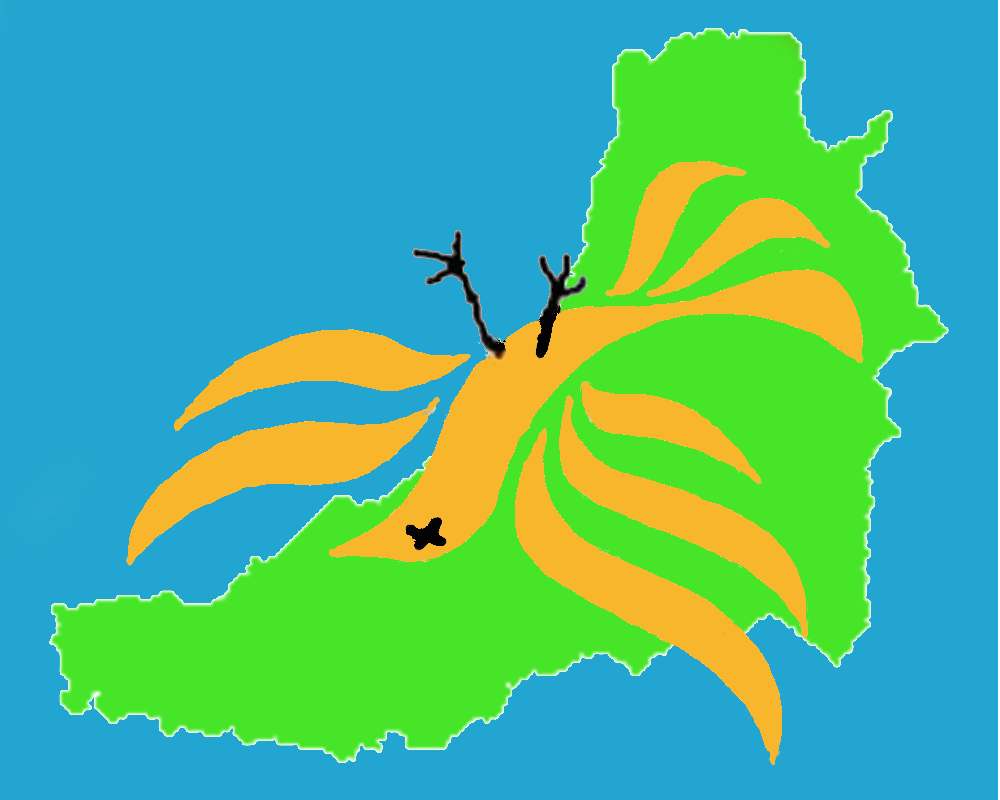Are the Welsh Liberal Democrats dead – or just resting?

Ifan Morgan Jones
At the 2003 Assembly election – almost 20 years ago – the Liberal Democrats won 12.7% of the vote and six members under their leader (now Lord) Mike German.
They held three constituency seats (including Cardiff Central), had three regional seats, and were genuinely competitive in a few other constituencies too.
Since then, however, it’s been all downhill. The most high-profile body blow of course didn’t happen at the Senedd at all but at Westminster, where an ill-judged coalition agreement with the Conservatives had an almost cataclysmic effect on their electoral fortunes.
At the 2017 General Election, they lost their last Westminster constituency in Wales in Ceredigion, briefly regained Brecon and Radnorshire in a 2019 by-election then lost it again.
And in next month’s Senedd election they face possibly losing their final constituency seat in Wales, in outgoing MS Kirsty Williams’ Brecon and Radnorshire.
This is potentially historic stuff. If they do lose that seat, they may not even get a regional seat in compensation, bringing to an end 167 years of Liberal representation in Wales.
This is a party, in its former Liberal Party guise, which one dominated Wales to the same extent as the Labour Party do now, and played a key part in laying the foundation stones of Wales as a nation in its own right.
In this context, next month’s election becomes something of an existential crisis for the Liberal Democrats. They have just about held their heads above the water so far, but are now in danger of disappearing altogether.
‘Good!’ some readers may cry. But the Lib Dems’ demise will have a significant impact on the Senedd’s future make up as well.
There are four seats in every region and these, conveniently, used to be taken up by the four main parties. In the Lib Dems’ absence, parties that could never get a foothold in Westminster elections have sprung up to fill that gap – UKIP in 2016, and potentially Abolish next month.
The same dynamic may explain why Abolish are to be included in the BBC leaders debate at the end of April.
To reject Abolish, who are on 7% of the regional vote in the latest YouGov poll, the BBC would also have to refuse the Lib Dems – who are on an even measlier five.
Rebuild
So is the Liberal Democrats’ little yellow bird dead, or just resting? Is there any hope for them going forward in Wales?
I think there could be, but to rise phoenix-like they may first, paradoxically, need to snuff it completely.
Part of the Liberal Democrats’ problem in Wales is that their historic fortress – mid-Wales – has become unsuited to the kind of party they have now become.
In mid-Wales, they used to be the inheritors of the old Nonconformist Liberals who used to rule the roost in Wales. Not socially liberal – in fact, in many ways very conservative – but libertarian.
As these rural communities have aged, helped along by an influx of retirees, it seems that small-c conservatism has given way to a big-C conservatism.
The Conservatives have over the last two decades replaced the Lib Dems as the dominant party in mid-Wales, now in first or second place in every Westminster seat. And post-Brexit there is no indication that this trend will reverse itself.
There was no clearer sign of this than the 2019 election when, in a campaign heavily focused on young, progressive, urban Jo Swinson, the Liberal Democrats sunk from favourites to win Ceredigion to third place behind the Tories.
So what is the answer for the Liberal Democrats? For what I can see, living in mid-Wales, there is little hope of them regaining that lost ground in the immediate future.
Perhaps the best way forward is to take the loss in mid-Wales on the chin and rebuild elsewhere.
There are plenty of constituencies in Wales in which are younger and more socially liberal, where their brand of progressivism, internationalism and commitment to federalism would find a greater appeal.
If I was in charge of the party, I would be tempted to pour campaign funds not into mid-Wales but into Cardiff, Swansea and Newport – cities in which they used to do well – and start the rebuilding process there.
The irony may be that the longer they attempt to cling on against the inevitable in rural mid-Wales, the longer they will put off the kind of strategic change of focus that could see them rise from the ashes.
Support our Nation today
For the price of a cup of coffee a month you can help us create an independent, not-for-profit, national news service for the people of Wales, by the people of Wales.






